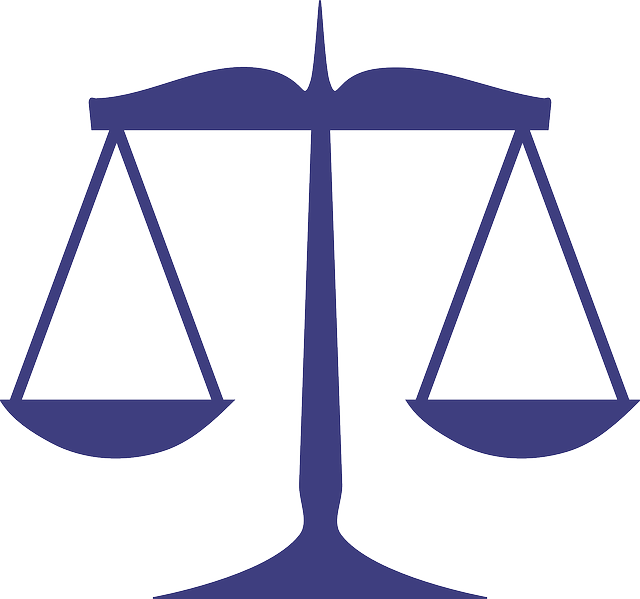Corporate crime investigations address business misconducts, including employment law violations. The process starts with identifying issues like discrimination through policy review and employee documentation. Steps to file an employment law complaint involve gathering evidence, documenting incidents, and consulting legal experts. Proper documentation and timely action are key to successful resolutions, holding accountable those who breach employee rights.
Corporate crime investigations are a critical aspect of ensuring ethical business practices and safeguarding employees’ rights. This comprehensive guide delves into the intricate world of identifying and addressing employment law violations within corporations. From understanding the foundational concepts to practical steps for filing an effective legal claim, we outline a strategic framework. Learn how to gather compelling evidence, navigate complex regulations, and take proactive measures to protect yourself or your organization from potential misconduct, focusing on the key process: steps to file an employment law complaint.
- Understanding Corporate Crime Investigations
- Identifying Employment Law Violations
- Gathering Evidence for Complaints
- Steps to File an Effective Legal Claim
Understanding Corporate Crime Investigations

Corporate Crime Investigations delve into complex matters where businesses or their representatives engage in illegal activities. These investigations span various types of misconduct, from financial fraud and embezzlement to environmental violations and labor law breaches. Understanding the intricacies of these cases is crucial for both investigators and individuals seeking justice. When an employee suspects corporate misconduct, such as discrimination or retaliation, they can take steps to file an employment law complaint.
This process involves gathering evidence, documenting incidents, and submitting formal complaints to relevant regulatory bodies or legal authorities. Effective investigations require a systematic approach, including fact-finding missions, witness interviews, and the analysis of financial records. By following these procedures, individuals not only contribute to ensuring accountability but also help avoid indictment for white collar defense strategies, which aim to protect businesses from prosecution while addressing underlying issues. Across the country, such investigations have led to significant reforms, underscoring the importance of transparency and ethical conduct in corporate practices.
Identifying Employment Law Violations

Identifying Employment Law Violations is a critical phase in Corporate Crime Investigations. It involves meticulous review of company policies, procedures, and records to pinpoint any breaches that may have occurred. This process requires a deep understanding of relevant employment laws and regulations specific to each respective business. By carefully examining hiring practices, compensation structures, workplace discipline, and termination procedures, investigators can uncover potential violations that harm employees’ rights.
When evidence of an Employment Law violation is discovered, the next step is to guide clients through the process of filing a complaint. This includes documenting the violation, collecting supporting evidence, and ensuring all legal requirements for filing are met. The goal is to facilitate a swift resolution, holding the responsible parties accountable while offering justice and compensation for the victims, throughout all stages of the investigative and enforcement process.
Gathering Evidence for Complaints

When initiating a corporate crime investigation, gathering evidence to support an employment law complaint is a meticulous process. The first steps involve identifying potential violations and compiling relevant documents that could serve as proof. This includes reviewing policies, contracts, and communications related to the alleged misconduct. It’s crucial to ensure that all stages of the investigative and enforcement process are well-documented to maintain integrity and credibility.
Employees or ex-employees who suspect corporate crime should follow the steps to file an employment law complaint meticulously. By preserving evidence like emails, meeting notes, and financial records, individuals can significantly strengthen their case against a respective business. The unprecedented track record of successful investigations in such cases underscores the importance of thorough documentation and timely action.
Steps to File an Effective Legal Claim

When facing corporate crime, such as white-collar or economic offenses, the first step for victims is to understand how to file an effective legal claim. The process begins with gathering evidence and documenting any losses incurred due to the misconduct. This includes salvaging any relevant communications, contracts, or financial records that can serve as proof of the illegal activities. Once the necessary information is compiled, victims should consult with a qualified attorney who specializes in employment law and corporate crime investigations.
An experienced legal professional can guide individuals through the specific steps to file an Employment Law Complaint, ensuring all applicable laws and regulations are considered. This might involve submitting a formal complaint to the respective business’s internal compliance or ethics department, or it could lead to filing a civil lawsuit against the culpable parties. The goal is to avoid indictment, which can be a lengthy and stressful process, by leveraging legal avenues that offer remedies for compensation and justice without criminal prosecution.
Corporate crime investigations demand a thorough understanding of employment laws and evidence gathering processes. By identifying violations, gathering compelling evidence, and following the defined steps to file an employment law complaint, individuals can navigate the legal system effectively. These measures are crucial in securing justice and holding corporations accountable for their actions. Remember, each step, from recognizing wrongdoings to presenting a strong case, contributes to revolutionizing corporate conduct and fostering a fairer working environment.






